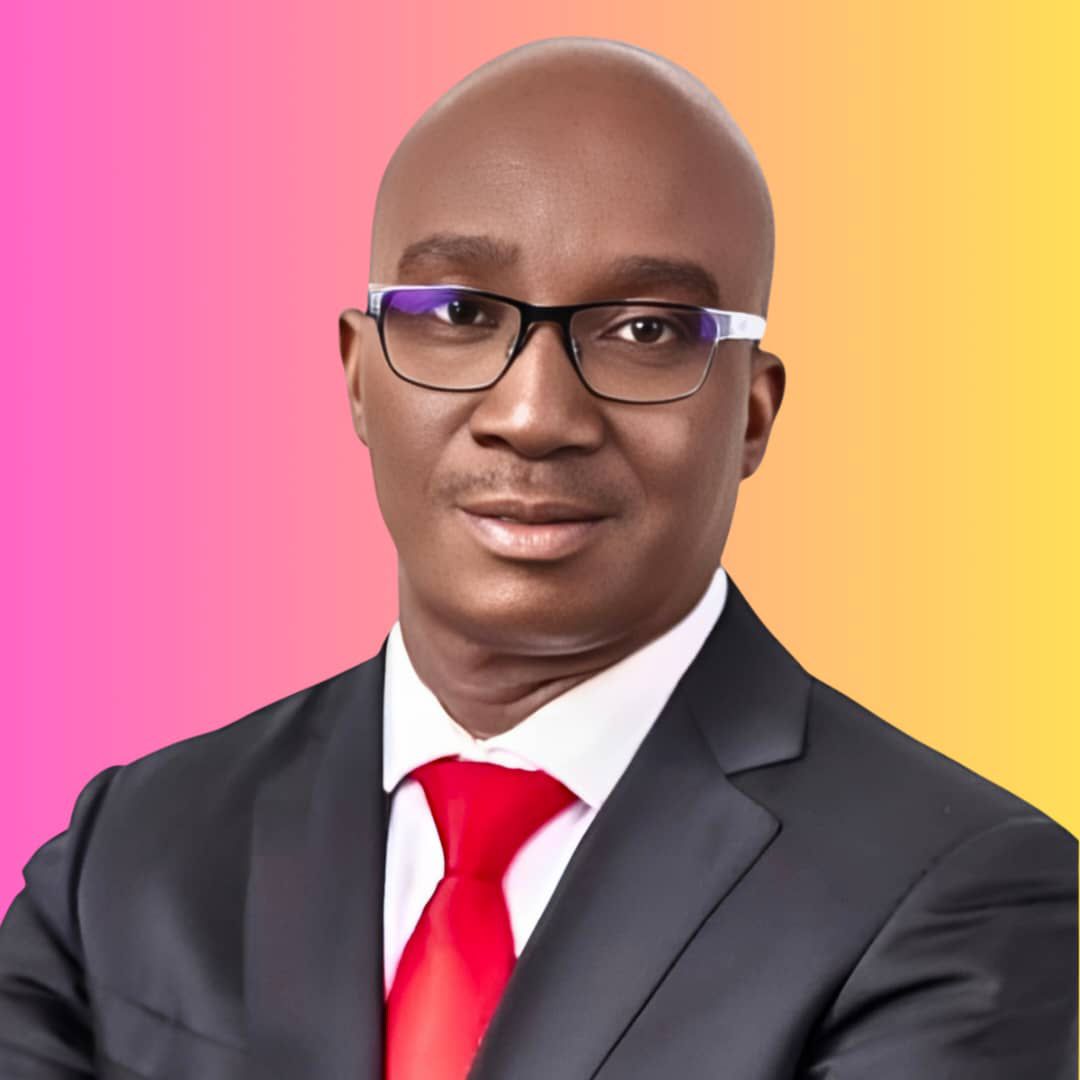The federal government has launched an initiative aimed at repatriating the expertise of Nigerian health professionals abroad to address the brain drain affecting the country’s healthcare sector.
The Minister of State for Health and Social Welfare, Tunji Alausa, introduced the Nigerian Health Professionals in Diaspora Plus Engagement Programme during the Diaspora Stakeholders’ Forum on Thursday in Abuja.
Mr Alausa said that the programme sought to leverage the knowledge, skills, and experience of Nigerian healthcare professionals abroad to improve healthcare delivery at home.
According to him, the programme is designed to foster long-term collaboration between Nigerian professionals in the diaspora and their counterparts within the country.
“The continued emigration of our healthcare workforce has posed significant challenges to achieving Universal Health Coverage. However, this initiative provides an opportunity to turn brain drain into brain gain.
“it is part of the government’s four-point Strategic Health Agenda focused on reforming healthcare through improved governance, quality health systems, value chain development, and health security,” he said.
Mr Alausa urged private sector players and international partners to support the programme, underlining the need for sustainable collaboration to achieve its goals.
Nigerians need credible journalism. Help us report it.
Support journalism driven by facts, created by Nigerians for Nigerians. Our thorough, researched reporting relies on the support of readers like you.
Help us maintain free and accessible news for all with a small donation.
Every contribution guarantees that we can keep delivering important stories —no paywalls, just quality journalism.
He also encouraged diaspora health professionals to invest in telemedicine, biomedical technology, and clinical research to bridge gaps in healthcare delivery.
Ibrahim Wada of NISA Premier Medical Group highlighted the role of public-private partnerships (PPPs) in improving healthcare.
Mr Wada said that PPPs, which have been effective over the last 15 years, could help tackle diseases such as sickle cell and expand access to quality care.
Mr Wada also emphasised the importance of engaging local communities and building capacity at the grassroots level, stressing that management is key to delivering quality healthcare services.
“Effective management, not just modern equipment, creates a seamless experience for both healthcare professionals and patients,” he said.
Mr Wada called for better infrastructure and support for returning diaspora professionals to ensure that their contributions are impactful.
He suggested creating specialised healthcare centres across the country, each focusing on particular medical specialities.
He said that this approach would prevent overburdening institutions and reduce the need for Nigerians to seek treatment abroad.
Pamela Ajayi, president of the Healthcare Federation of Nigeria (HFN), discussed Nigeria’s potential to become a hub for medical treatment within West Africa.
Ms Ajayi explained the need for investment in medical infrastructure, including establishing healthcare banks to fund development.
She also pointed out the transformative potential of digital platforms and Artificial Intelligence (AI) in reaching rural areas and improving healthcare access.
Ms Ajayi said that the involvement of the Nigerian Diaspora is crucial for advancing research, innovation, and healthcare infrastructure.
Bala Audu, president of the Nigerian Medical Association (NMA), underscored the importance of international collaboration and training to retain skilled healthcare workers and improve healthcare outcomes.
Mr Audu explained that partnerships between Nigeria and countries like the UK could enhance healthcare systems and capitalise on mutual opportunities.
Emilia Iwu of the National Association of Nigerian Nurses, North Carolina, stressed the need for balanced investment across all healthcare levels, particularly primary healthcare.
“Primary health centres are the most accessible form of healthcare for people at the grassroots level. Strengthening these centres can ensure early and accurate interventions,” Ms Iwu said.
She said that while building teaching and general hospitals is essential, equal attention must be paid to developing primary healthcare facilities to ensure a comprehensive healthcare system that meets the needs of all Nigerians.
Support PREMIUM TIMES' journalism of integrity and credibility
At Premium Times, we firmly believe in the importance of high-quality journalism. Recognizing that not everyone can afford costly news subscriptions, we are dedicated to delivering meticulously researched, fact-checked news that remains freely accessible to all.
Whether you turn to Premium Times for daily updates, in-depth investigations into pressing national issues, or entertaining trending stories, we value your readership.
It’s essential to acknowledge that news production incurs expenses, and we take pride in never placing our stories behind a prohibitive paywall.
Would you consider supporting us with a modest contribution on a monthly basis to help maintain our commitment to free, accessible news?
TEXT AD: Call Willie - +2348098788999

















 English (US) ·
English (US) ·